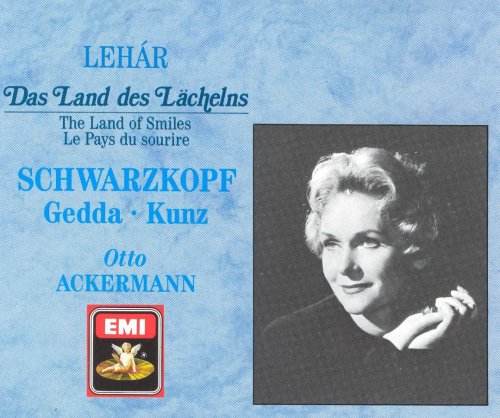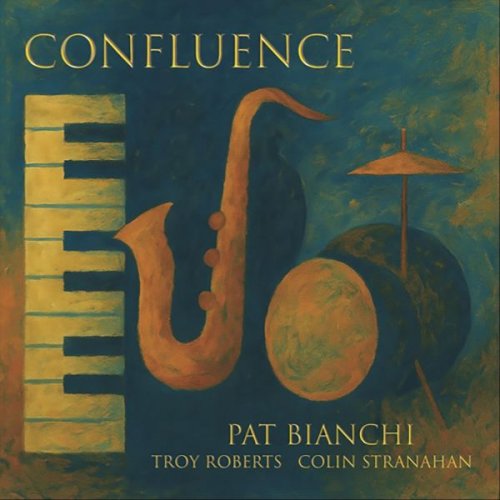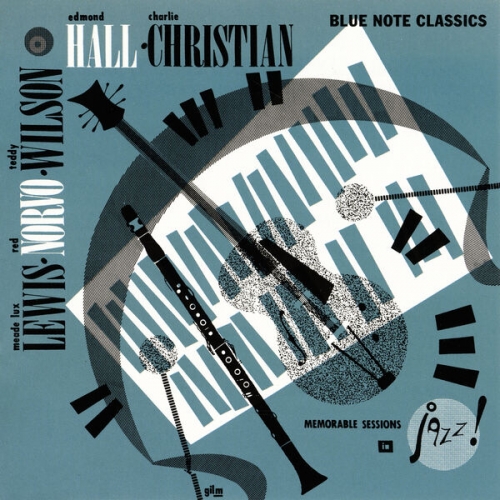Elisabeth Schwarzkopf & Otto Ackermann - Franz Lehar: The Land of Smiles (1988)

Artist: Elisabeth Schwarzkopf, Otto Ackermann
Title: Franz Lehar: The Land of Smiles
Year Of Release: 1953 / 1988
Label: EMI
Genre: Classical
Quality: FLAC (image + .cue, log, artwork)
Total Time: 1:27:17
Total Size: 252 MB
WebSite: Album Preview
Tracklist:Title: Franz Lehar: The Land of Smiles
Year Of Release: 1953 / 1988
Label: EMI
Genre: Classical
Quality: FLAC (image + .cue, log, artwork)
Total Time: 1:27:17
Total Size: 252 MB
WebSite: Album Preview
CD 1
01. Ouverture
02. Da kommt Lisa!
03. Bitte Lisa bleib' doch einen Moment
04. Es ist nicht das ersternal
05. Immer nur lacheln und immer vergnugt
06. Gten Abend Hoheit
07. Bei einem Tee en deux in seelig su?er Nah
08. Sie sind sehr galant Hoheit
09. Von Apfelbluten einen Kranz
10. Hoheit, der Sekretar der Chinesischen Botschaft ist hier
11. Ein Lied, es verfolgt mich Tag nund Nacht
CD 2
01. Dschinthien wuomwn ju chon ma goa can
02. Unser erhabenes Herrscherhaus
03. Wer hat die Liebe uns ins Herz gesenkt
04. Im Salon zur blau'n Pagode
05. Ein merkwurdiges Haus
06. Meine Liebe, deine Liebe, sie sind beide gleich
07. Mein lieber Neffe
08. Dein ist mein ganzes Herz
09. Ich mocht' wieder einmal die Heimat sehn
10. Sou, mu?t Du wirklich die vier Frauen Heiraten?
11. Mit welchem recht? Ich bin Dein Herr!
12. Ihr Gotter sagt, was ist mit mir geschehen?
13. Lis! Lisa!...Gustl, um Gotteswillen!
14. Wenn die Chrysanthemen bluhn
15. Wie rasch verwelkt doch das kleine Bluhmchen Gluck
16. Lisa wir sind verloren
17. Dieselbe Sonne, die uber Europa scheint
The Land of Smiles was, after The Merry Widow, the biggest of Lehar's successes, an unusually tragic and serious operetta that he rewrote from an earlier failure, The Yellow Jacket. Richard Tauber originated the role of Prince Sou-Chong, the Chinese diplomat, and everyone since has stood in his shadow. A very serious work for an operetta, it is filled with achingly beautiful melodies and complex characterizations, as well as a score of Puccini-like delicacy and richness. This cast manages to bring it off -- Elisabeth Schwarzkopf, in the full flower of her youth, makes a delectable Lisa, and Nicolai Gedda is a compellingly tragic Prince Sou-Chong. Only the somewhat compressed 1953 monaural sound may give one pause, and renders this a choice for historical significance. -- Bruce Eder
![Mehmet Ali Sanlikol - The Electric Oud Man Speaks and You Listen... (2026) [Hi-Res] Mehmet Ali Sanlikol - The Electric Oud Man Speaks and You Listen... (2026) [Hi-Res]](https://img.israbox.com/img/2026-02/28/0areq907i6p8nj96306jai1a0.jpg)
![Mark Nightingale, Alan Barnes & James Davison - Jazz Classics ...with a Twist (2026) [Hi-Res] Mark Nightingale, Alan Barnes & James Davison - Jazz Classics ...with a Twist (2026) [Hi-Res]](https://www.dibpic.com/uploads/posts/2026-02/1772036652_1.jpg)

![Herminio Bello De Carvalho - Hermínio Bello de Carvalho 90 (2026) [Hi-Res] Herminio Bello De Carvalho - Hermínio Bello de Carvalho 90 (2026) [Hi-Res]](https://img.israbox.com/img/2026-03/01/7d9otuo4k41izuhqy3mc75spu.jpg)

![Chad Lefkowitz-Brown - City Spirit (2026) [Hi-Res] Chad Lefkowitz-Brown - City Spirit (2026) [Hi-Res]](https://www.dibpic.com/uploads/posts/2026-02/1772171883_y3mc4z2lmsr7a_600.jpg)

![Andrea Braido - An Evening with Andrea Braido Trio Live! (2026) [Hi-Res] Andrea Braido - An Evening with Andrea Braido Trio Live! (2026) [Hi-Res]](https://www.dibpic.com/uploads/posts/2026-03/1772441152_cover.jpg)
